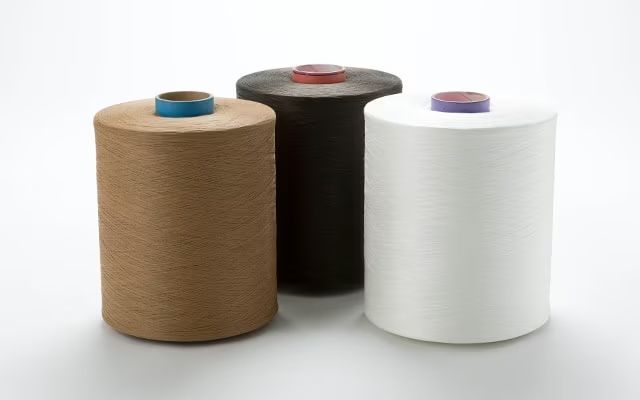How ESG is Shaping the Textile Industry: Sustainable Transformation
How ESG is shaping the Textile Industry
The global textile industry, a significant player in the world economy, is undergoing a transformative shift driven by Environmental, Social, and Governance (ESG) principles. ESG considerations are becoming increasingly central to decision-making, and companies are recognizing the importance of sustainable practices. In this era of conscious consumerism, where environmental and social impacts matter as much as the products themselves, the textile industry is embracing change.
The ESG Triad: A Holistic Approach
ESG encapsulates a holistic approach to corporate responsibility, urging businesses to consider the environmental, social, and governance impacts of their operations. In the textile industry, this translates into a reevaluation of supply chains, manufacturing processes, labor practices, and corporate governance structures.
Environmental Stewardship: Redefining Manufacturing Practices
In response to the environmental component of ESG, textile companies are redefining their manufacturing practices. Embracing sustainable raw materials, reducing water and energy consumption, and minimizing waste have become key priorities. Innovative technologies, such as water recycling systems and eco-friendly dyeing processes, are being employed to ensure a more environmentally responsible production cycle.
Social Responsibility: Empowering Communities
ESG's social dimension emphasizes the well-being of the workforce and the communities in which companies operate. This includes fair labor practices, diversity and inclusion initiatives, and community engagement. Textile companies are increasingly recognizing the significance of these factors in building a resilient and socially responsible business model.
Governance Excellence: The Pillar of Accountability
Governance, the third pillar of ESG, focuses on corporate accountability, transparency, and ethical business practices. Establishing robust governance structures ensures that companies adhere to ethical standards, foster accountability, and maintain transparency in their operations. This instills confidence among investors, consumers, and other stakeholders.
Beekaylon Synthetics: Pioneering Sustainable Textiles
Amidst this shift, companies like Beekaylon Synthetics are emerging as leaders in sustainable textile practices. Beekaylon Synthetics recognizes the imperative to balance profitability with social and environmental responsibility. The company has seamlessly integrated sustainable methods into its operations, setting a precedent for the industry.
Sustainable Methods at Beekaylon Synthetics: A Snapshot
Beekaylon Synthetics has embraced sustainability across its value chain. From adopting eco-friendly raw materials to implementing energy-efficient production processes, the company is committed to minimizing its carbon footprint. Additionally, Beekaylon Synthetics places a strong emphasis on ethical labor practices, ensuring fair wages and safe working conditions for its employees.
Investing in Innovation: Beekaylon Synthetics' Commitment to R&D
In the pursuit of sustainable textiles, Beekaylon Synthetics invests heavily in research and development. The company is at the forefront of developing innovative, eco-friendly materials that not only meet but exceed industry standards. This commitment to innovation positions Beekaylon Synthetics as a trailblazer in sustainable textile solutions.
A Sustainable Tomorrow with Beekaylon Synthetics
In response to the environmental component of ESG, textile companies are redefining their manufacturing practices. Embracing sustainable raw materials, reducing water and energy consumption, and minimizing waste have become key priorities. Innovative technologies, such as water recycling systems and eco-friendly dyeing processes, are being employed to ensure a more environmentally responsible production cycle.



